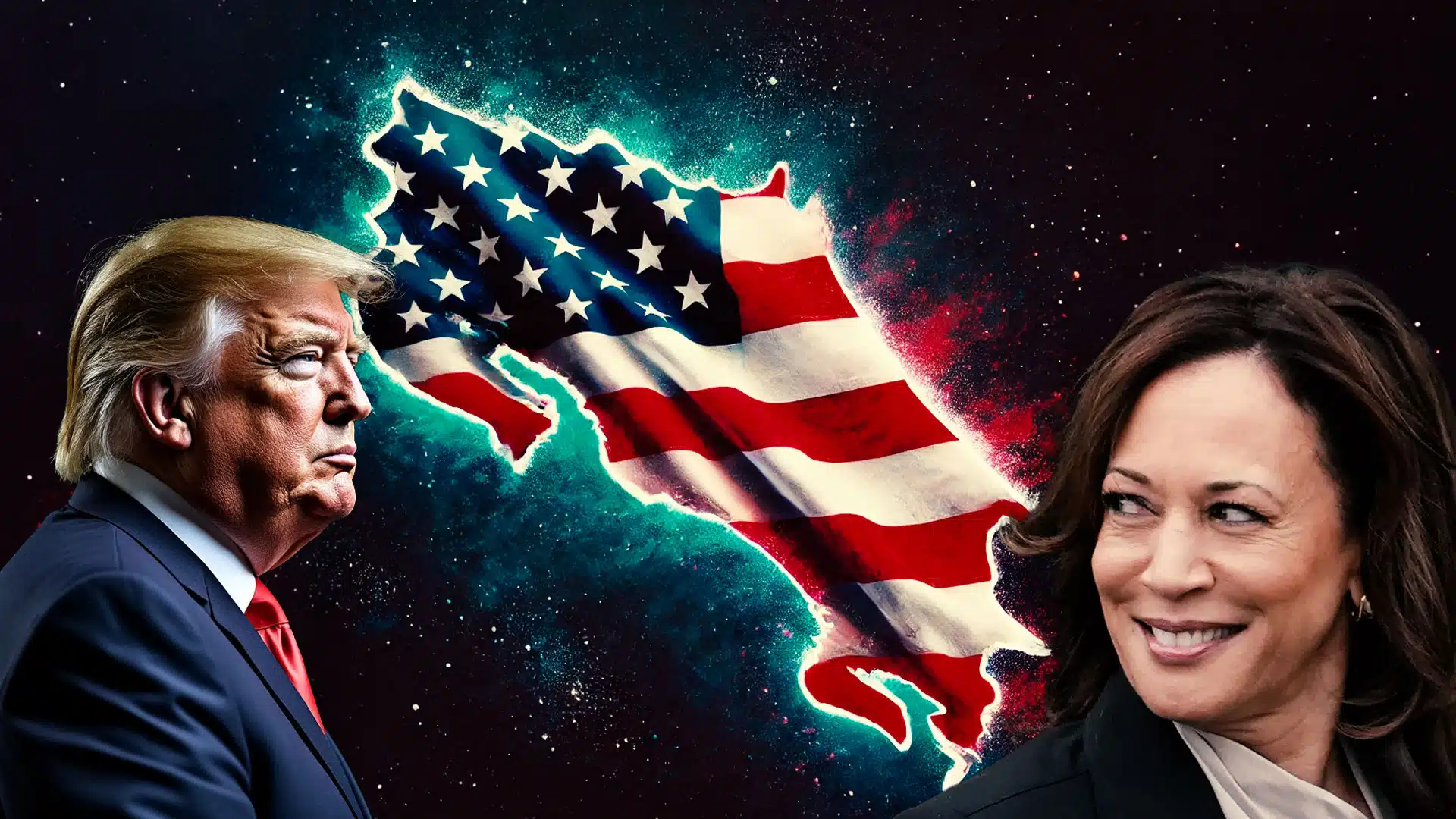Puntarenas, Costa Rica — As the United States gears up for its Presidential Election, the ripple effects are already being felt far beyond its borders. For Costa Rica, the outcome isn’t just a distant political event—it’s a potential game-changer that could redefine the nation’s economic landscape. With the U.S. being Costa Rica’s largest trading partner, the policies of the next American administration could significantly influence trade, investment, and tourism sectors, presenting both golden opportunities and formidable challenges.
The United States Presidential Election often ushers in shifts in economic policies that send shockwaves through global markets. Costa Rica’s open economy, thriving on exports and foreign direct investment, is especially sensitive to these changes. A move toward protectionism by the new U.S. leadership could pose serious challenges for Costa Rican exporters.
Tourism, a cornerstone of Costa Rica’s economy, also hangs in the balance. The United States is the largest source of tourists to Costa Rica, accounting for nearly 40% of international arrivals. Changes in U.S. policies related to travel, health, or economic conditions like inflation could deter American tourists.
Another critical factor is the U.S. Federal Reserve’s monetary policy, which often aligns with the administration’s economic agenda. Should the new U.S. president support expansionary fiscal policies leading to higher interest rates, Costa Rica could feel the pinch. With a significant portion of its debt denominated in U.S. dollars, increased interest rates would inflate Costa Rica’s debt-servicing costs, straining public finances and tightening the national budget.
Foreign investment flows are equally at stake. Costa Rica has successfully attracted substantial U.S. investment in sectors like medical devices, electronics, and business services. However, changes in U.S. corporate tax policies under the new administration could either amplify or dampen this investment. If higher taxes on overseas profits are introduced, U.S. companies might rethink expanding operations in Costa Rica, slowing growth in vital industries.
Beyond economics, the U.S. political climate could influence Costa Rica’s social and environmental strategies. Known for its commitment to sustainability, Costa Rica may find a valuable ally in a U.S. administration that prioritizes climate change action. Such alignment could open doors for collaboration on green technology, renewable energy, and conservation efforts. On the flip side, a U.S. leadership less focused on environmental issues might limit these opportunities, potentially hindering Costa Rica’s ambitious carbon neutrality goals.
Costa Rican policymakers face the challenge of adapting swiftly to these potential changes. President Rodrigo Chaves’ administration must stay ahead of developments in Washington, engaging proactively in diplomatic and economic dialogues. Protecting the interests of Costa Rican industries and workers will require flexibility in economic policies and strategic investments, particularly in technology and green energy sectors.
As the United States approaches this pivotal election, vigilance becomes essential for Costa Rican businesses, policymakers, and citizens alike. Staying informed and proactive isn’t just advisable—it’s imperative for safeguarding the nation’s economic well-being.
The United States Presidential Election may be a contest for American leadership, but its outcome resonates globally. For Costa Rica, it’s a defining moment that could reshape economic ties, influence policy directions, and impact everyday life. By anticipating changes and preparing accordingly, Costa Rica can not only mitigate potential challenges but also seize new opportunities, ensuring that its economy remains robust and resilient in the face of global shifts.








